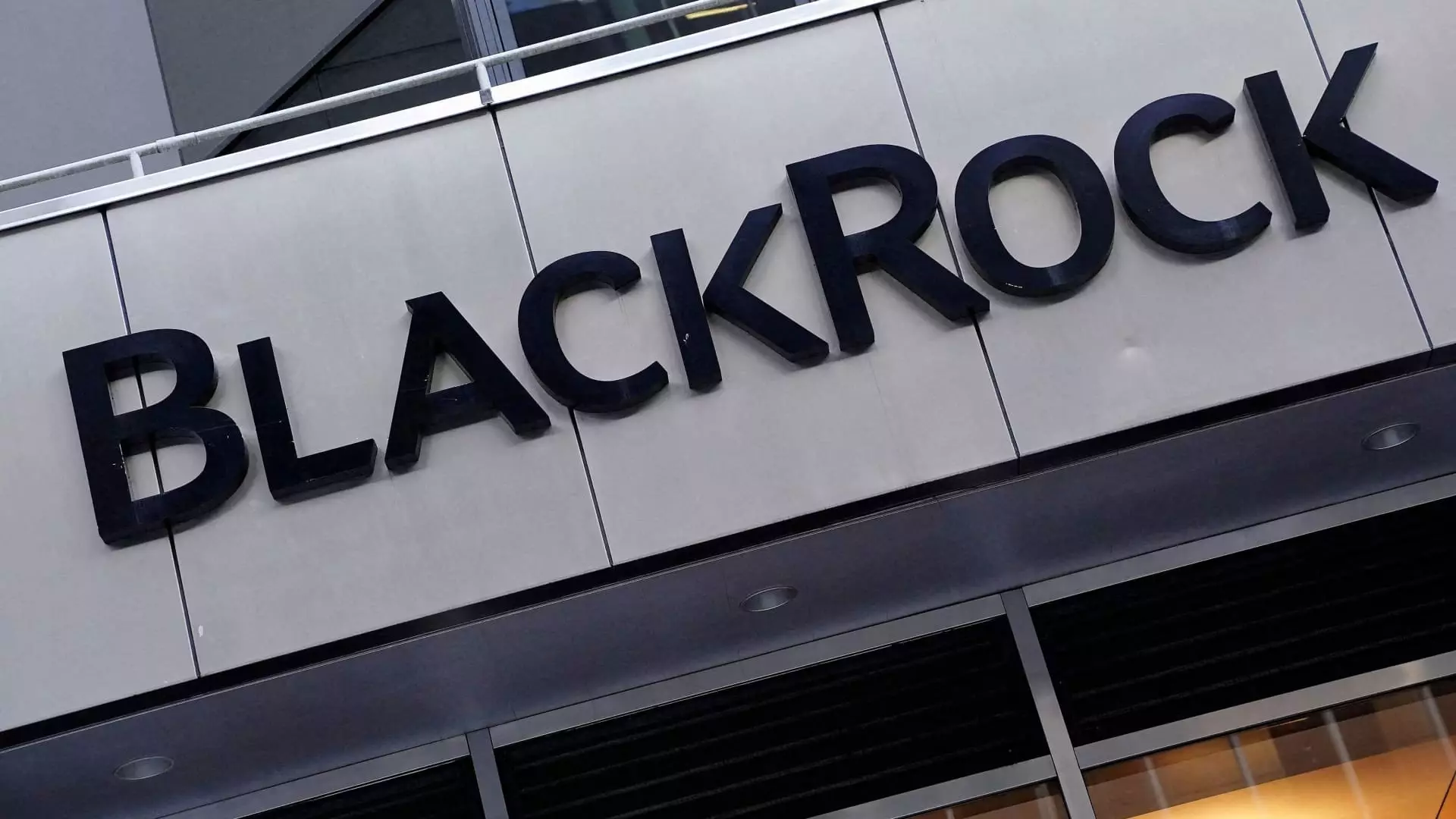In a noteworthy advancement in the integration of traditional finance and blockchain technology, BlackRock has recently unveiled an expansion of its tokenized money market fund. The USD Institutional Digital Liquidity Fund, nicknamed BUIDL, has broadened its available blockchain platforms to include Aptos, Arbitrum, Avalanche, Optimism’s OP Mainnet, and Polygon. Initially launched in March on Ethereum, this development marks a significant step for BlackRock as it seeks to carve a niche in the burgeoning decentralized finance (DeFi) space. While the traditional finance industry tends to tread cautiously regarding cryptocurrencies, BlackRock appears to be seizing the moment by adopting a forward-thinking approach that aligns with the shift towards digital assets.
Tokenization: Bridging Two Financial Realities
The concept of tokenizing real-world assets has gained traction among financial institutions, which recognize the promise of blockchain technology without fully embracing the volatility and risks associated with cryptocurrencies. BlackRock’s unique strategy illustrates an intriguing dichotomy. As Robert Mitchnick, BlackRock’s head of digital assets, noted, the firm is repositioning traditional financial investments into a crypto-native structure. This suggests a gradual convergence of the established financial infrastructure with innovative blockchain frameworks. The idea is not just to create new financial instruments but to enhance existing offerings by leveraging the advantages that tokenization brings, including greater liquidity and accessibility.
The timing of this announcement coincides with a buoyant phase in the cryptocurrency market, particularly following the fallout of the recent U.S. presidential election. Speculations abound regarding a potentially friendlier regulatory environment for cryptocurrencies under a new administration, especially considering promises made by Donald Trump regarding the relaxation of regulations on crypto projects. In contrast, the Biden administration’s approach has been characterized by stringent enforcement actions that have, at times, stifled growth. This regulatory uncertainty has created a challenging landscape for DeFi projects, with many tokens recently being labeled as securities, further complicating their development and adoption.
DeFi has emerged as a sector of immense interest within the cryptocurrency ecosystem, showcasing innovative financial products and services. However, the lack of regulatory clarity has presented hurdles for many projects, as evidenced by ongoing actions from the SEC against major exchanges like Binance and Coinbase. By bridging traditional financial services with decentralized solutions, BlackRock’s strategy may inspire other financial institutions to explore similar models. This dual-layered approach could embody a new era in finance, where the stability and trust of traditional finance converge with the efficiency and innovation of blockchain.
BlackRock’s expansion of the BUIDL fund onto multiple blockchains is indicative of a significant shift in the finance landscape, prompting a reevaluation of how traditional finance interacts with emerging digital technologies. As the company boldly strides into this new frontier, it underscores an evolving narrative where tokenization and DeFi are positioned to become cornerstone elements of the modern financial system, laying the groundwork for a future that amalgamates the strengths of both worlds.

